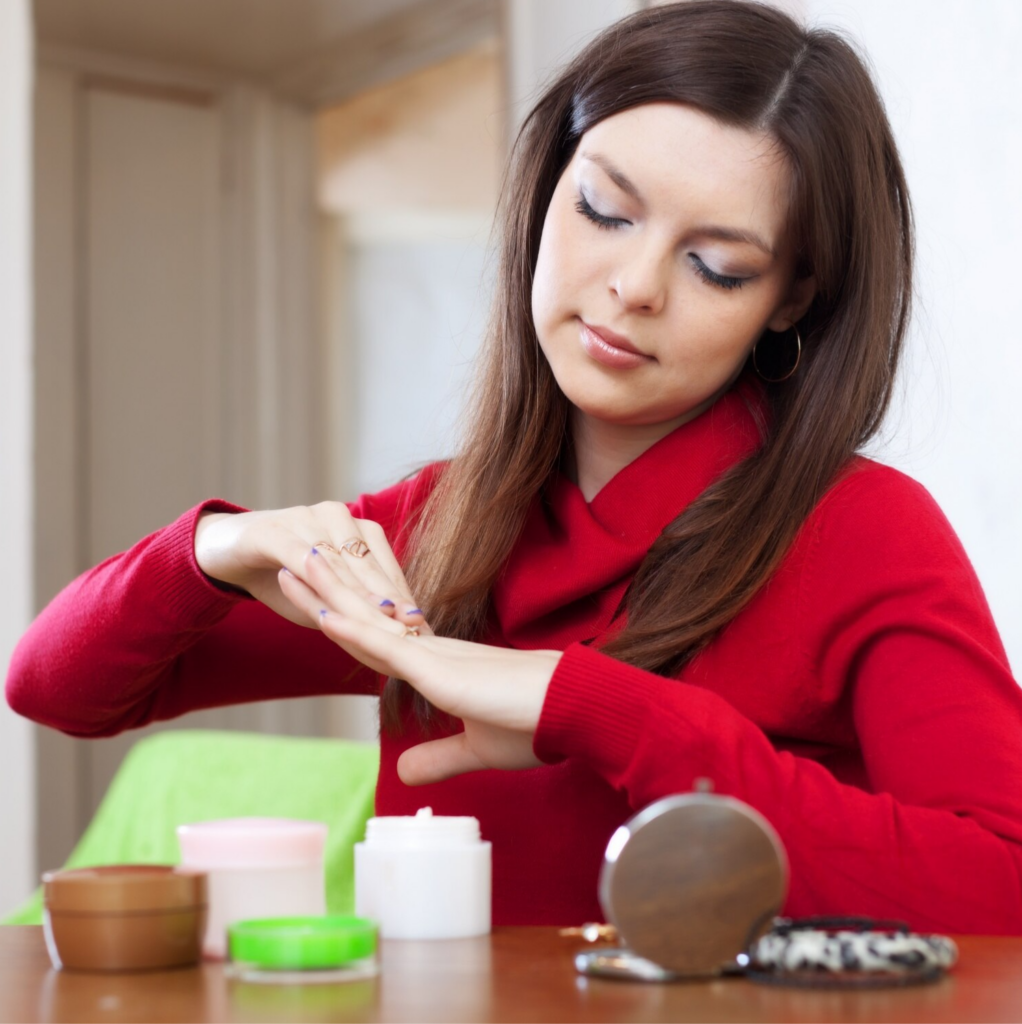Boric acid has been used for centuries in various cultures for its antifungal, antibacterial, and antiseptic properties.
While it has a wide range of uses in the medical field, it has recently gained attention on platforms like TikTok and Google, especially in the context of female health.

With its natural healing qualities, many women are turning to boric acid as a potential remedy for a variety of common health concerns, particularly those related to vaginal health.
What is Boric Acid?
Boric acid is a naturally occurring compound made from boron, a mineral found in water, soil, and certain foods. It is commonly found in a variety of products, from household cleaners to eye drops.
The compound is known for its antifungal, antiviral, and antibacterial properties, which make it particularly useful in treating infections and supporting general health.
Although it can be toxic if ingested in large amounts, when used correctly, boric acid can be an effective solution for several female-specific health concerns, especially when applied topically or used as a suppository.
Treating Vaginal Infections with Boric Acid
One of the most well-known uses of boric acid for females is in treating vaginal infections, particularly yeast infections and bacterial vaginosis.
These conditions can cause discomfort, itching, and an unpleasant discharge, which can be irritating and distressing for many women.
Boric acid works as an effective treatment option due to its ability to restore the natural pH balance of the vagina, creating an environment that is inhospitable to harmful microorganisms like bacteria and fungi.
Boric acid has been found to be especially helpful in treating recurrent yeast infections, which are caused by an overgrowth of Candida yeast.
For women who experience frequent yeast infections, boric acid suppositories are often recommended as an alternative treatment when conventional antifungal medications fail.
Boric acid works by disrupting the cell membranes of yeast cells, effectively killing the infection-causing microorganisms and reducing the symptoms associated with yeast overgrowth.
In addition to yeast infections, boric acid is also used to treat bacterial vaginosis (BV), which occurs when the balance of bacteria in the vagina is disrupted.
BV is often accompanied by symptoms such as abnormal discharge, a fishy odor, and irritation. By restoring the vaginal pH balance, boric acid helps to eliminate the harmful bacteria responsible for BV and promotes the growth of healthy bacteria, alleviating the symptoms associated with the infection.
Boric Acid for Odor Control
Boric acid is often recommended as a natural solution for vaginal odor caused by various conditions, including bacterial vaginosis and yeast infections.
By neutralizing the acidity of the vaginal area, boric acid can help to reduce unpleasant smells and promote a fresh, clean feeling. Some women use boric acid suppositories for a few days as part of their regular hygiene routine, especially when experiencing an odor imbalance due to hormonal changes, diet, or other factors.
While it is not a cure for every type of odor, boric acid can be a helpful tool in combating vaginal odors that are a result of bacterial or fungal infections.
However, it is important to note that persistent or strong odors should be evaluated by a healthcare professional to rule out underlying health conditions.
The Role of Boric Acid in pH Balance
A key function of boric acid in female health is its ability to help restore the natural pH balance of the vagina. The vagina naturally maintains an acidic pH level, which is crucial for preventing the overgrowth of harmful bacteria and yeast.
However, factors such as menstruation, sexual activity, antibiotics, and douching can disrupt this balance, making women more susceptible to infections.
Boric acid helps to restore the optimal pH level, creating a more acidic environment that is inhospitable to harmful microorganisms.
As a result, it supports the overall health of the vaginal flora, promoting the growth of beneficial bacteria and reducing the risk of infections like yeast and BV.

Using Boric Acid for Vaginal Dryness
Vaginal dryness is another common issue that many women experience, particularly during menopause, pregnancy, or while breastfeeding.
This condition can lead to discomfort, irritation, and even pain during intercourse. While there are several commercial products designed to relieve vaginal dryness, boric acid is sometimes used as an alternative for women who prefer natural remedies.
Some women report that boric acid, when used properly, can help alleviate vaginal dryness by improving the overall health of the vaginal area.
By restoring balance and supporting the natural moisture levels, boric acid may provide some relief for women who suffer from this condition.
However, it is essential to use boric acid cautiously and under the guidance of a healthcare provider, as it is not specifically formulated as a moisturizer and may not be suitable for every individual.
How to Use Boric Acid Safely
When using boric acid for vaginal health, it is important to follow safety guidelines to avoid adverse effects. Boric acid is typically used in the form of vaginal suppositories, which are inserted into the vagina.
These suppositories usually contain about 600 mg of boric acid per dose, and they are commonly used once a day for a period of several days.
It’s essential to consult with a healthcare provider before using boric acid to ensure that it is the right treatment for your specific condition.
Boric acid should only be used as directed, as excessive use can lead to irritation or toxicity. Pregnant women, individuals with certain medical conditions, and those with sensitive skin should avoid using boric acid without professional advice.
Additionally, it is crucial to avoid ingesting boric acid, as it can be toxic if swallowed. Keep boric acid products out of reach of children and pets, and use them strictly as intended.
Conclusion
Boric acid is a versatile compound that offers several benefits for female health, particularly in treating vaginal infections, balancing vaginal pH, and controlling odor.
While it can be an effective solution for many women, it is crucial to use boric acid safely and consult with a healthcare provider to ensure that it is the right treatment for your needs.
By following proper usage guidelines and addressing any potential side effects, boric acid can be a helpful addition to your feminine care routine.
As always, if you experience persistent symptoms or discomfort, it is important to seek professional medical advice to rule out other underlying conditions and receive personalized treatment recommendations.